Camp David: A Retreat For Diplomacy And History
Camp David: A Retreat for Diplomacy and History
Related Articles: Camp David: A Retreat for Diplomacy and History
Introduction
With enthusiasm, let’s navigate through the intriguing topic related to Camp David: A Retreat for Diplomacy and History. Let’s weave interesting information and offer fresh perspectives to the readers.
Table of Content
Camp David: A Retreat for Diplomacy and History
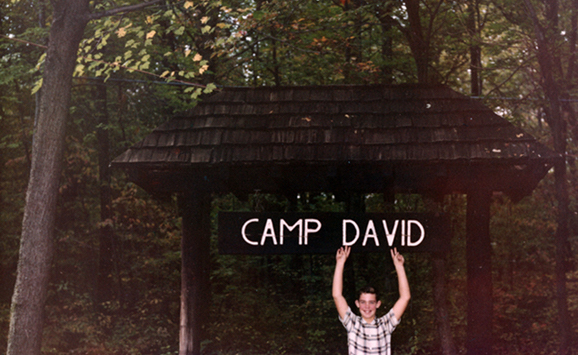
Camp David, a secluded presidential retreat nestled in the Catoctin Mountains of Maryland, is more than just a scenic escape. Its history is interwoven with pivotal moments in American diplomacy, making it a site of significant historical and political importance.
A Brief History of Camp David
The origins of Camp David can be traced back to 1938 when President Franklin D. Roosevelt, seeking a peaceful retreat outside Washington, D.C., purchased the site. Initially known as "Shangri-La," the name was later changed to "Camp David" by President Dwight D. Eisenhower in honor of his grandson.
Over the years, Camp David has served as a haven for presidents seeking respite from the pressures of the White House. It has also been a backdrop for crucial diplomatic negotiations, hosting some of the most significant international summits in history.
The Significance of Camp David
The significance of Camp David lies in its unique ability to foster a sense of intimacy and informality, conducive to open and honest dialogue. The secluded setting, away from the glare of public scrutiny, allows leaders to engage in frank discussions without the constraints of protocol and public pressure. This atmosphere has proven conducive to achieving breakthroughs in international relations.
Notable Events at Camp David
Camp David has been the site of numerous historic events, including:
-
The Camp David Accords (1978): Perhaps the most iconic event at Camp David, the summit between President Jimmy Carter, Israeli Prime Minister Menachem Begin, and Egyptian President Anwar Sadat led to the historic peace treaty between Israel and Egypt. This landmark agreement, brokered by President Carter at Camp David, significantly altered the political landscape of the Middle East.
-
The Camp David Summit (1985): President Ronald Reagan hosted Soviet leader Mikhail Gorbachev at Camp David, marking a crucial step in the thawing of Cold War tensions. The summit led to agreements on arms control and fostered a more positive relationship between the two superpowers.
-
The Camp David Summit (2000): President Bill Clinton hosted Israeli Prime Minister Ehud Barak and Palestinian leader Yasser Arafat for a summit aimed at resolving the Israeli-Palestinian conflict. While the summit ultimately failed to achieve a lasting peace agreement, it showcased the importance of Camp David as a platform for dialogue and negotiation.
Camp David’s Architectural Design and Layout
Camp David’s architecture reflects its history and purpose. The main lodge, built in 1942, is a rustic, log-cabin style structure that evokes a sense of simplicity and tranquility. The lodge houses a library, dining room, and living spaces, providing a comfortable and welcoming atmosphere for guests.
The grounds surrounding the lodge feature a variety of amenities, including a swimming pool, tennis courts, and hiking trails. These facilities provide opportunities for relaxation and recreation, fostering a sense of camaraderie and informal interaction between participants.
Camp David: A Symbol of American Diplomacy
Camp David’s significance transcends its physical location. It has become a symbol of American diplomacy and a testament to the power of dialogue and negotiation in resolving international disputes. The retreat’s unique setting and history have contributed to its reputation as a place where leaders can come together, build trust, and forge lasting agreements.
FAQs about Camp David
Q: Is Camp David open to the public?
A: Camp David is a private retreat and is not open to the public. However, visitors can view the site from the nearby Catoctin Mountain Park.
Q: How many presidents have stayed at Camp David?
A: Every president since Franklin D. Roosevelt has stayed at Camp David, making it a consistent symbol of the American presidency.
Q: What is the significance of the name "Camp David"?
A: The name "Camp David" was chosen by President Dwight D. Eisenhower in honor of his grandson, David.
Q: What is the role of Camp David in modern diplomacy?
A: Camp David continues to play a crucial role in modern diplomacy, hosting high-level meetings and summits, facilitating dialogue and fostering cooperation between world leaders.
Tips for Understanding Camp David’s Importance
- Research historical events: Explore the significant summits and negotiations that have taken place at Camp David, understanding their impact on global politics.
- Analyze the architectural design: Consider the role of the secluded setting and the rustic architecture in fostering a conducive environment for diplomacy.
- Compare Camp David to other presidential retreats: Examine how Camp David’s unique history and purpose differentiate it from other presidential retreats around the world.
Conclusion
Camp David, a secluded retreat in the Catoctin Mountains, has played a significant role in American diplomacy, hosting pivotal summits and negotiations that have shaped the course of history. Its unique setting, conducive to informal dialogue, has fostered trust and cooperation between world leaders, leading to breakthroughs in international relations. Camp David’s legacy as a symbol of American diplomacy continues to resonate, highlighting the power of dialogue and negotiation in resolving global challenges.
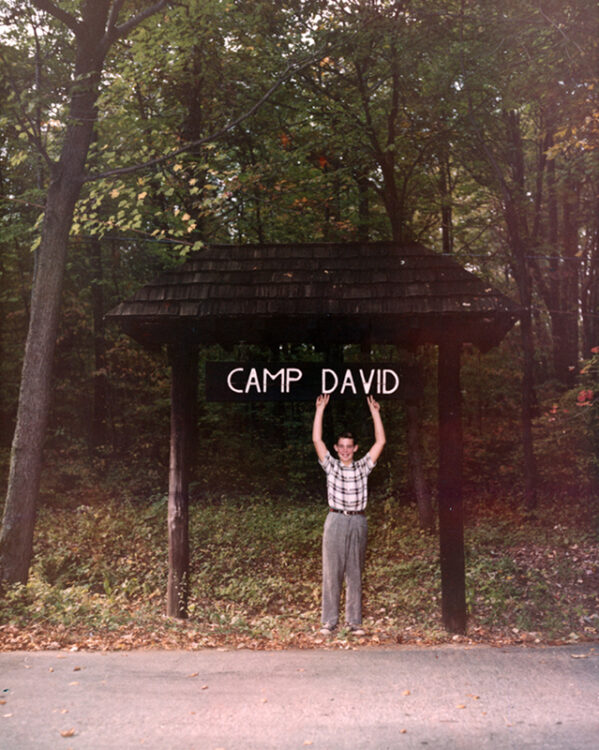

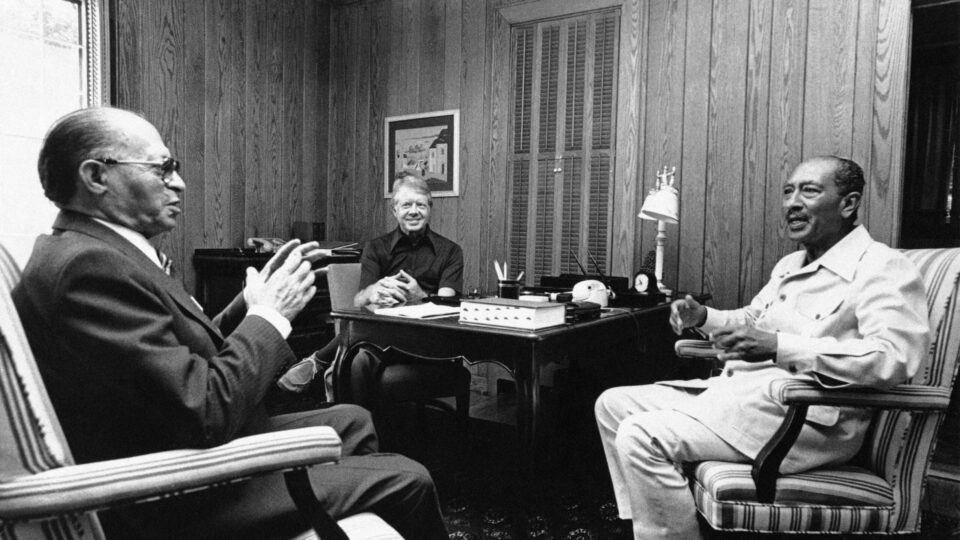
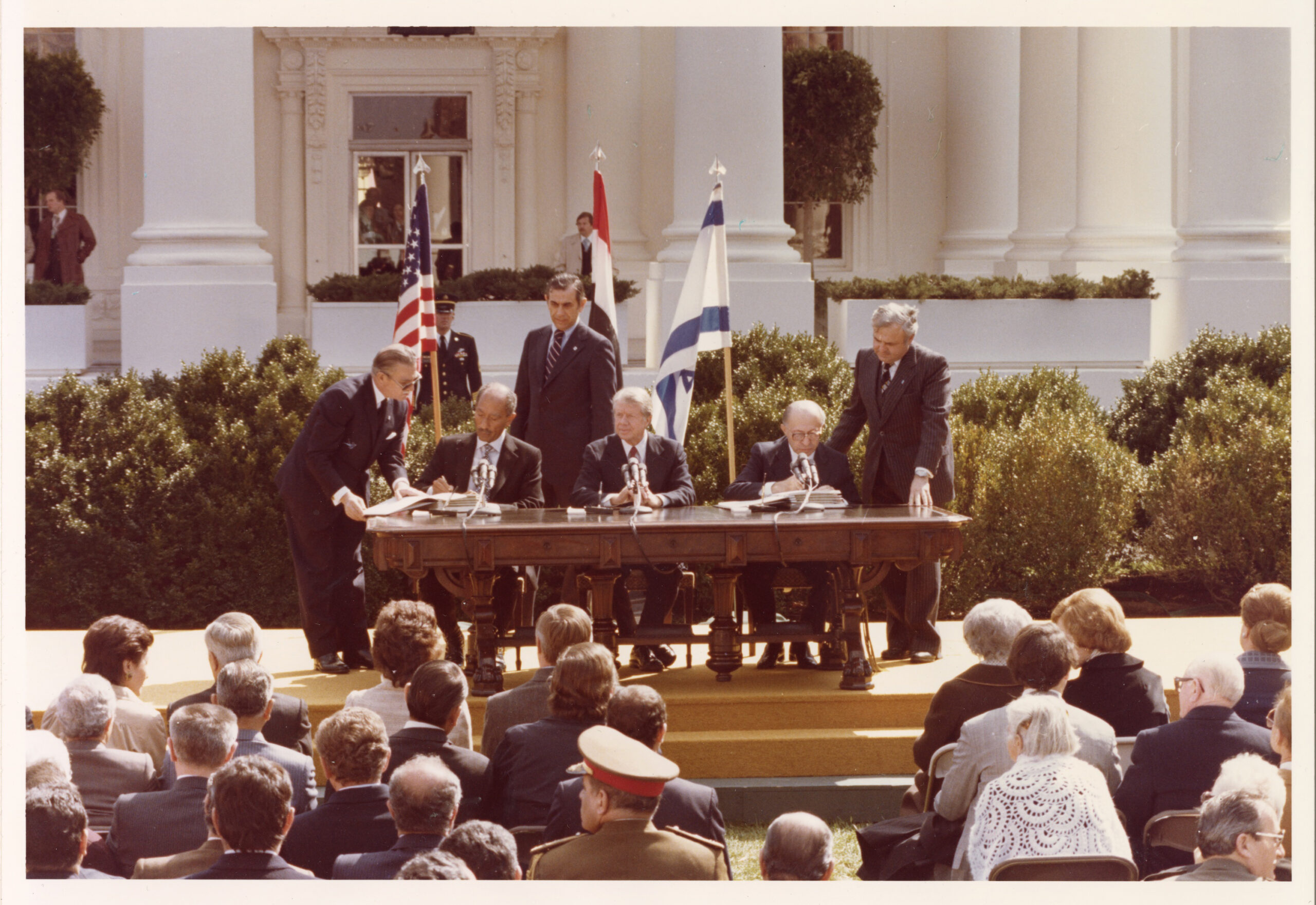

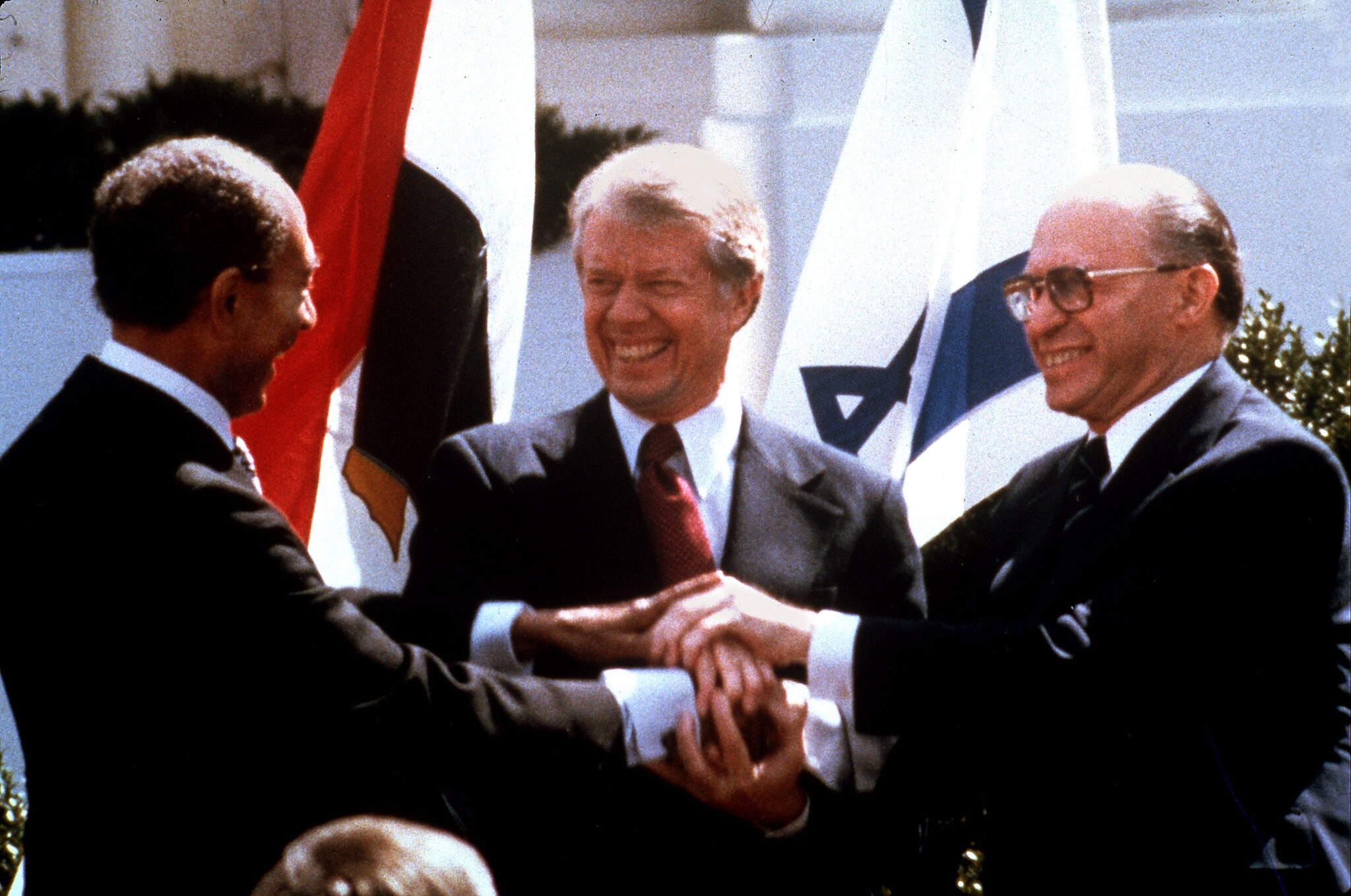


Closure
Thus, we hope this article has provided valuable insights into Camp David: A Retreat for Diplomacy and History. We hope you find this article informative and beneficial. See you in our next article!